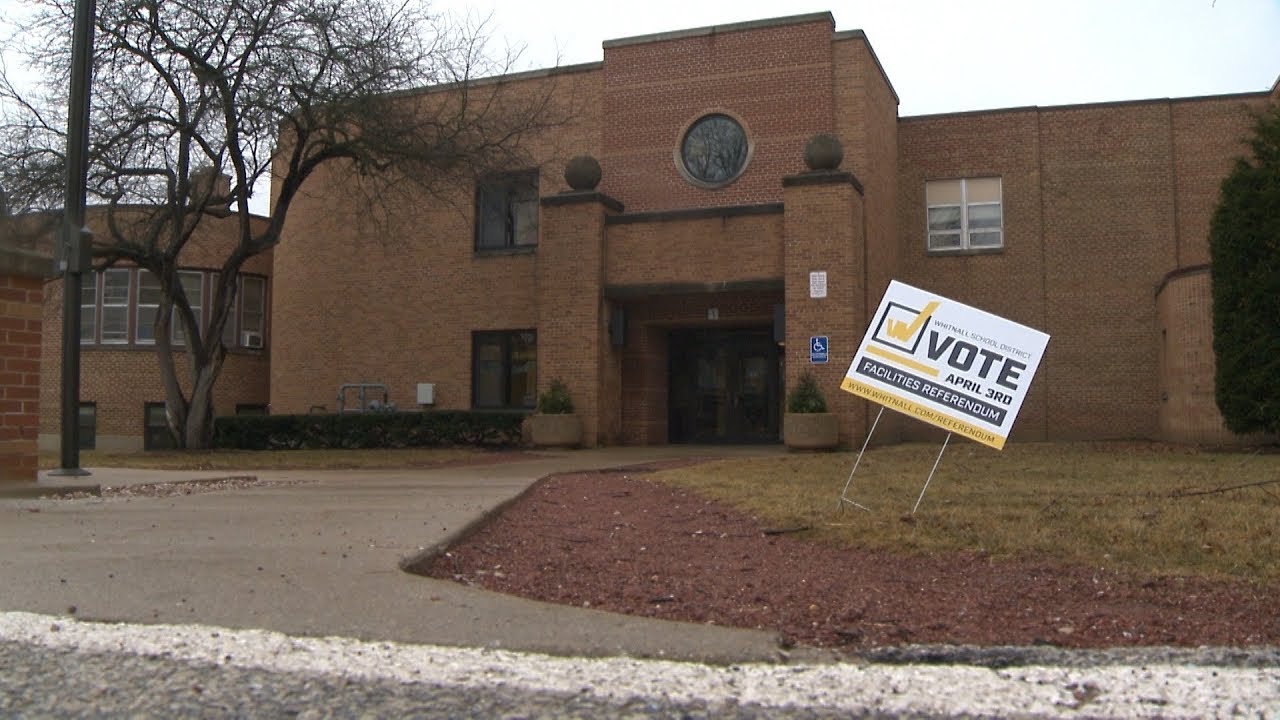
Dan O’Donnell uses a bizarre incident in which a Whitnall School District employee rigged a school board president election to illustrate the importance of election integrity at a statewide and national level.
May 10, 2023
Perspective by Dan O’Donnell
“I consider it completely unimportant who in the party will vote, or how; but what is extraordinarily important is this—who will count the votes, and how,” Soviet dictator Joseph Stalin allegedly said in the 1940s.
But so did Tammany Hall boss William Tweed in the 1870s: “As long as I count the votes, what are you going to do about it?”
And so did Napoleon Bonaparte (or not), according to The New York Times. The newspaper acknowledged that he almost certainly didn’t actually say “I care not who casts the votes of a nation, provided I can count them,” but it sure sounds like something he probably would have.
The quote in all its various forms is almost certainly apocryphal, but it illustrates a fundamental truth: Human beings across cultures have a healthy and legitimate distrust of those tasked with administering elections—especially if they just happen to be the ones in power.
Does anyone really think Stalin left Soviet Communist Party elections to chance or, even worse, the democratic process? Does anyone believe Boss Tweed never rigged an election?
To deny this obvious truth is to deny human nature—with the future of cities or even nations at stake, why wouldn’t those tasked with counting the votes be tempted to fudge them?
Before you roll your eyes at what you assume must be another conservative column whining about 2020 or Dominion voting machines or Krakens, these votes weren’t rigged to shape the fate of a nation or even a large city, but rather a small school board in suburban Milwaukee.
On Monday night, the Whitnall School Board elected Jason Craig as its president in what would have been the most mundane civic function imaginable if not for the chaos that preceded it.
On Monday night, the Whitnall School Board elected Jason Craig as its president in what would have been the most mundane civic function imaginable if not for the chaos that preceded it. During the board’s meeting on April 24th, two consecutive secret ballots showed members voting 4-3 for Kevin Stachowiak.
This didn’t feel right to member Karen Mikolainis, who immediately questioned the woman counting the votes, Whitnall School Board and Superintendent executive assistant Shari Rodriguez. How could Stachowiak have won if four members went into the meeting knowing they were going to vote for Craig?
After the first vote, Mikolainis noticed that Rodriguez had more ballots in her hand than members who would need to cast them and called for a voice vote. Vice President Quin Brunette denied this, saying it was against board rules, so a second set of ballots were cast. This time, Rodriguez only handed out and collected seven, but the result was the same: Stachowiak won a 4-3 vote.
How? The simplest and most likely explanation was that one of the four board members who planned to vote for Craig (and said later in the meeting that they did) secretly voted for Stachowiak instead.
Sometimes, however, the simplest explanation is not the correct one. Shortly after the meeting, the newly elected board president Stachowiak was made aware of evidence indicating that Rodriguez had in fact rigged the two votes in his favor. Shocked, he called an emergency board meeting that Thursday night and the full board discussed the evidence with which he was presented.
The following day, the board issued a unanimous statement that was also signed by Whitnall Superintendent Lisa Olson indicating that Rodriguez (who wasn’t named) had in fact rigged the board president election and had been immediately fired.
In a lengthy conversation with this columnist (who is, in full disclosure, a graduate of Whitnall High School), Stachowiak expressed his disgust and frustration with Rodriguez’s actions, which he reiterated were not done at his behest. He was, he said, as shocked as anyone when he was announced as the new board president—so shocked, in fact, that he was immediately suspicious.
There is no evidence, at least at this point, that Rodriguez was acting on anyone’s behalf except her own. For whatever reason, she could not stand the thought of Craig as school board president, a position which, it should be noted, has no real power.
A number of board members believe Rodriguez’s actions were criminal, but as of this writing neither the Greenfield Police Department (which has jurisdiction over the school district) or the Milwaukee County District Attorney’s Office appears very interested in launching a criminal investigation.
This is both unacceptable and an affront to democracy itself. It doesn’t matter that this was a small school board’s election for a position that doesn’t hold any real power; it was a vote that impacted the public and, just as importantly, their trust. If the people of Greenfield can’t have faith in the outcome of their local school board officer elections, then why should they have faith in the outcome of their school board elections? Their municipal elections? Gubernatorial election? Or even (gasp!) a presidential election?
No one is quite sure whether Joseph Stalin ever uttered a word about the importance of who counts the votes, but Benjamin Franklin most definitely said that America was “a democracy, if you can keep it.”
If Americans can’t trust their elections—or trust that those who rig them will be held accountable—then democracy is essentially lost. This is simultaneously the most basic and most significant tenet of self-governance, and if the people can’t confidently know who they have elected, then they can’t possibly self-govern.
What Rodriguez allegedly did isn’t just a fireable offense or even a crime; it is an affront to the very notion of America itself. And if America—even a small part of it—refuses to prosecute it, then it won’t really matter anymore who counts the votes because the people will no longer care about the outcome.